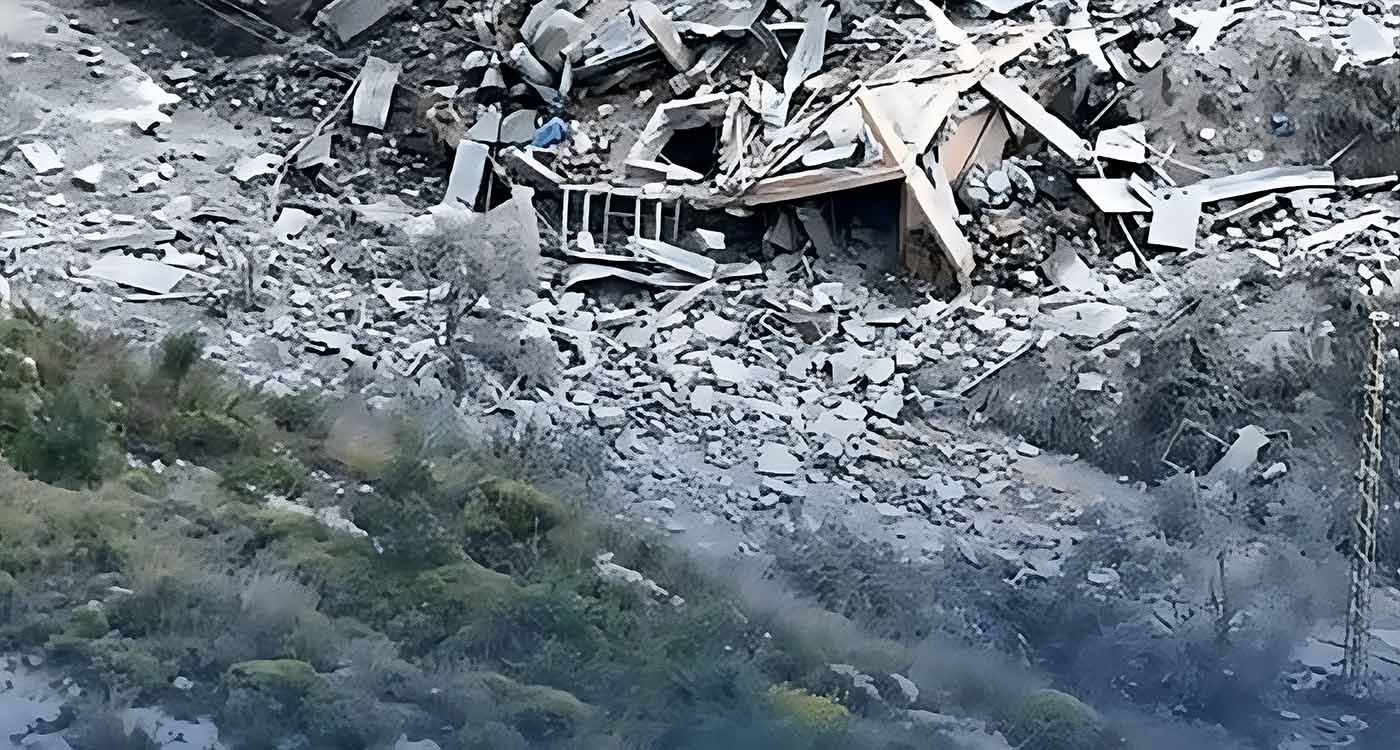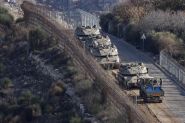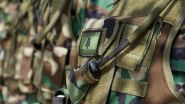
The day will come when the war ends, and the people will try to heal their wounds and seek a way to rebuild what was destroyed by Israeli airstrikes, which leveled some villages to the ground, particularly along the border, and will need reconstruction from scratch. One day, all these tragic events will become mere painful memories, but the wounds will continue to weigh on the Lebanese divide that has deepened in recent weeks.
Politically, the day will come when the noise rises, and contradictory voices will be heard. Some will demand accountability for those who entangled Lebanon in this war, while others will oppose this, arguing that Israel, by its nature and Zionist ideology, is inherently aggressive. Between these views, debates and responses will intensify — logical and illogical, provocative and rational — particularly on social media, reflecting and intensifying public tension.
But where will all this heated debate lead? Accusations of betrayal, charges of collaboration, and desires to rid the country of the "other" will lead to endless clashes. This may manifest in prolonged institutional paralysis, similar to what we see today but with added layers of wounds and scars left by the war.
It is no secret that one of Israel’s enduring objectives is to turn the Lebanese against each other. Israel understands well that Lebanon’s fragility lies significantly in its sectarian and confessional system, which remains the foundation of the country's political system. Various political groups align around it, and citizens — many of them — take it very seriously, especially when it comes to the rights of sects and confessions.
While Israel’s targeting spared no Lebanese area or innocent person, its primary focus was Hezbollah and the Shiite community, seeking to isolate and displace them. Reports suggest that 37 villages, largely inhabited by Shiites, have been completely destroyed since the war began. Therefore, it's logical to say that post-war political efforts should focus on bridging the social, demographic, and political gap with this group and reintegrating them into the heart of national life.
This also requires a new approach from Hezbollah, one marked by humility and new perspectives that allow it to re-engage in political life free from the constraints that have guided it since its establishment in the mid-1980s. This suggestion may be premature while the war is still raging, with relentless Israeli bombing affecting innocent civilians, hospitals, medical centers, and various sectors of Lebanese society day and night.
The Lebanese need to build a new reconciliation, on new grounds and with new approaches. Lebanon can provide freedom for all political parties, provided they operate in line with the nation’s supreme interests and avoid putting it at risk. The Lebanese also need to further develop their democratic system — yes, democratic — despite its fragility and the criticisms it receives from all sides.
This democratic space must be preserved, whatever the cost, and its course defined to prevent it from being exploited negatively. This is what the Lebanese should strive to achieve after the war, among efforts to overcome its negative aftermath and devastating effects.




Comments